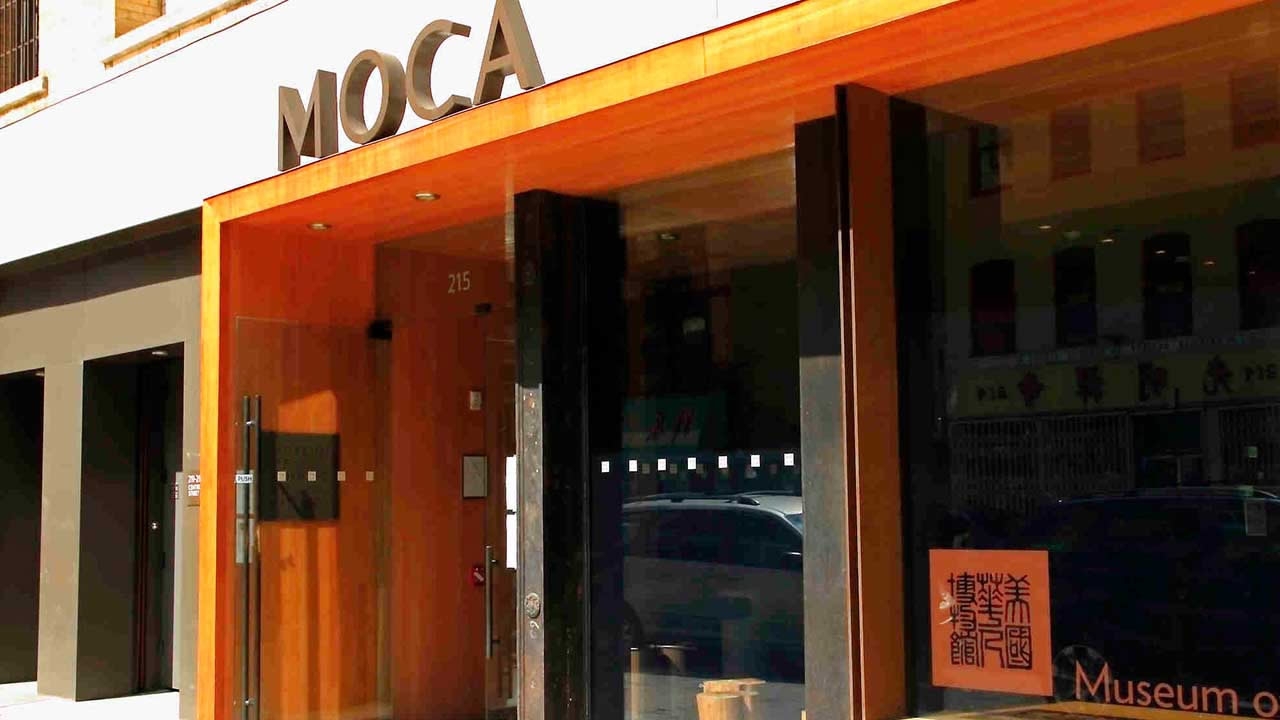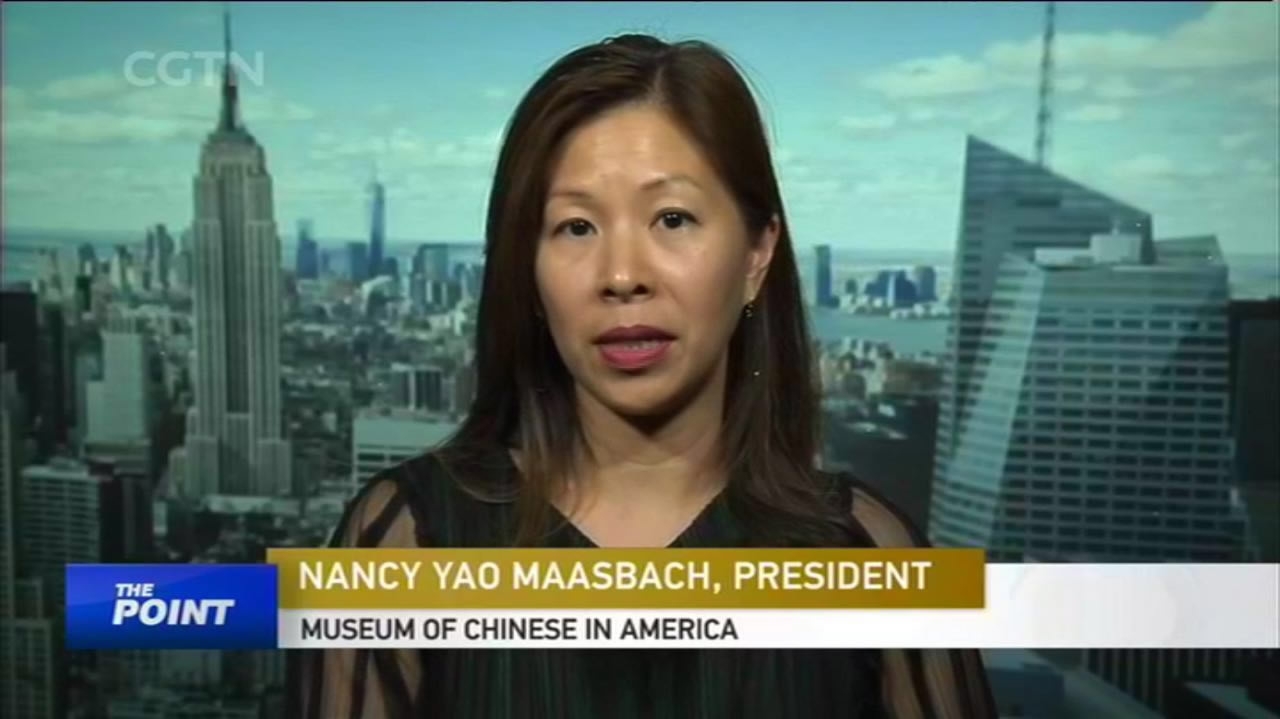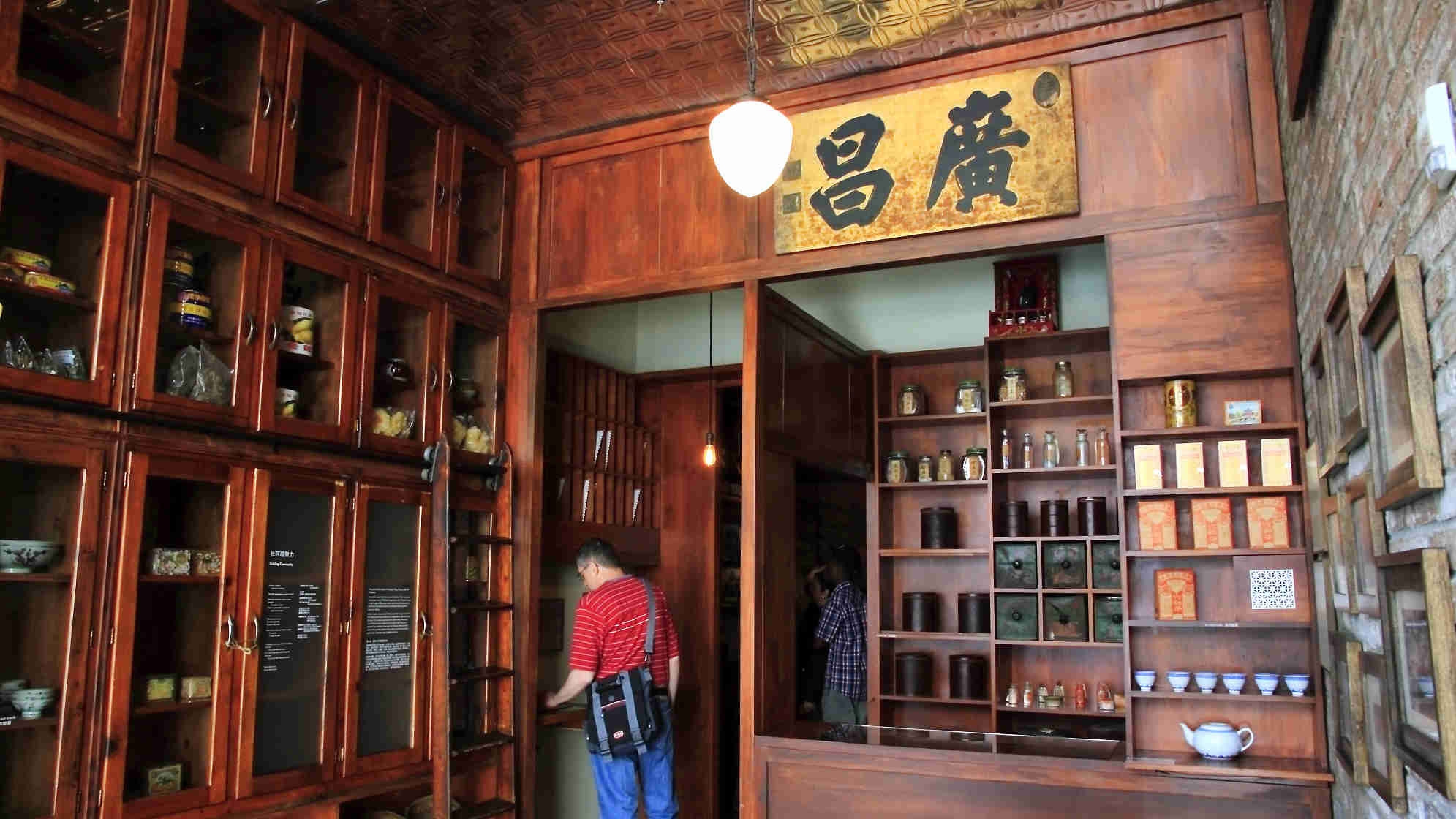Museums and contested history: Studying the past to move forward
2017-05-19 14:26 GMT+8

Editor
Gao Yun
By CGTN's Gao Jing
The worldwide community of museums celebrated International Museum Day on Thursday, with the International Council of Museums setting the theme for this year as "Museums and contested histories: Saying the unspeakable in museums".
Nancy Yao Maasbach, President of the Museum of Chinese in America, said during an interview on "The Point with Liu Xin" on CGTN, that the theme this year is highly relevant across the world. Museums can shed a light on history fragments that are not shared in textbooks or are usually overlooked, allowing visitors to get a holistic understanding of the past.

Nancy Yao Maasbach, President of the Museum of Chinese in America /CGTN Photo
Maasbach said this year's theme provides comfort to her as the history of Chinese Americans is still quite unknown to the public. For example, the Chinese Exclusion Act, which was in effect from 1882 to 1965, is almost unknown to non-Chinese. The regulation is the only legislation in US history to prevent a specific ethnic group from emigrating to the United States.
With regards to whether museums should have a political agenda, Maasbach expressed belief that a well-curated museum should allow visitors to create their own decisions based on factual content.

An exhibition room in the Museum of Chinese in America. /CFP Photo
Liu Xin wrapped the conversation up by saying that "by focusing on the role of museums as hubs for promoting peaceful relationships, the acceptance of a contested history is the first step in envisioning a shared future under the banner of reconciliation". She noted that Peng Liyuan, wife of Chinese President Xi Jinping, on Monday invited the spouses of leaders attending the Belt and Road Forum for International Cooperation to tour the Palace Museum in Beijing, while Czech President Milos Zeman on Tuesday visited the Memorial Hall for the Victims of the Nanjing Massacre, in Nanjing, capital of east China's Jiangsu Province.
Museums record history and allow us to remember important things in the past and to make better decisions for the future. They are all about education, showcasing culture and bringing people together.
Copyright © 2017
